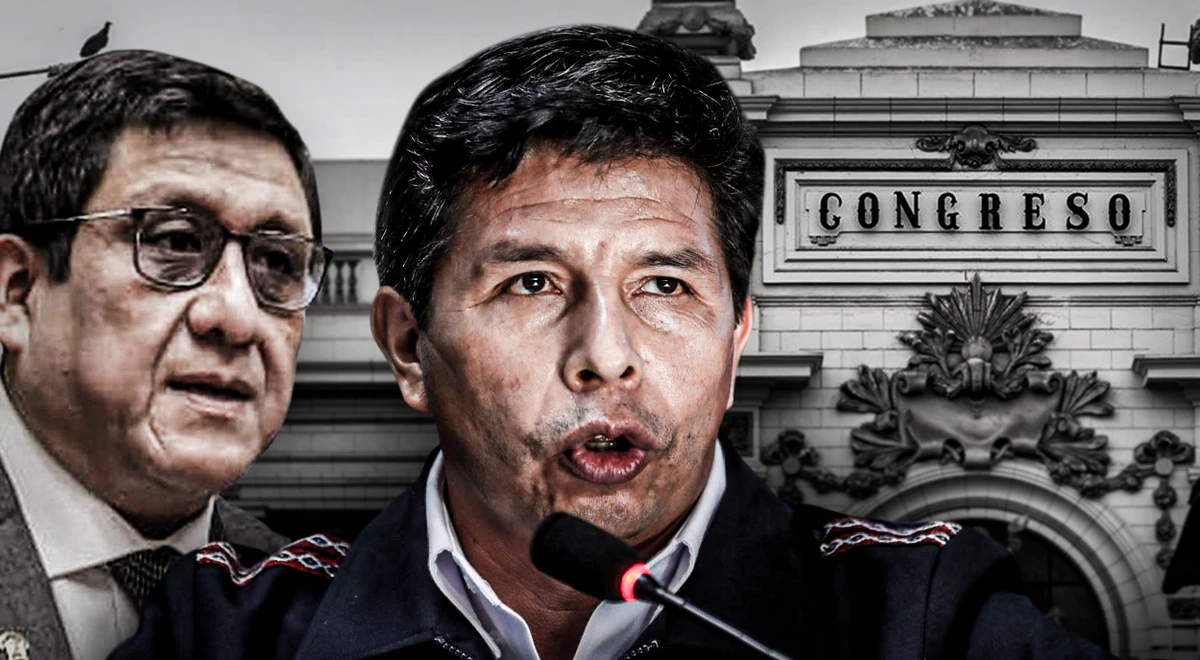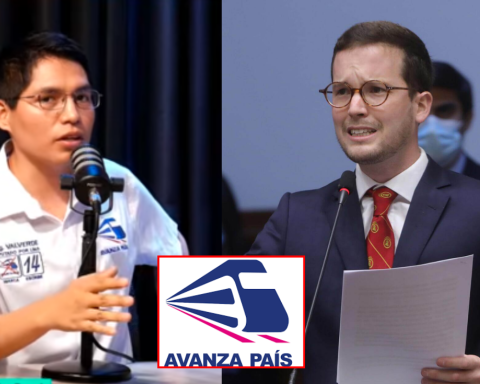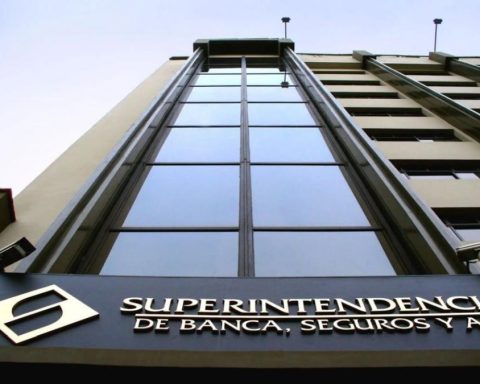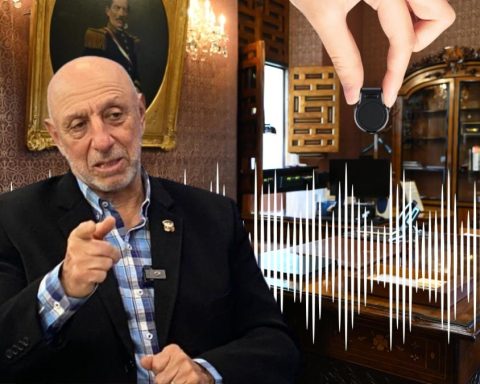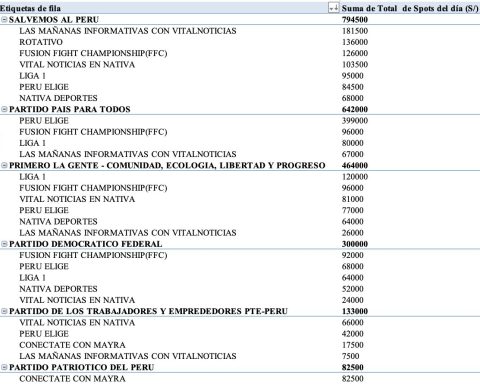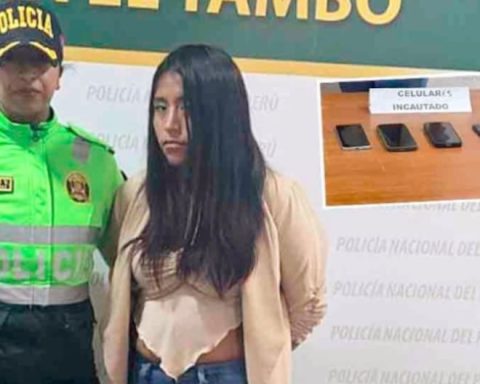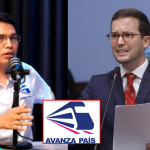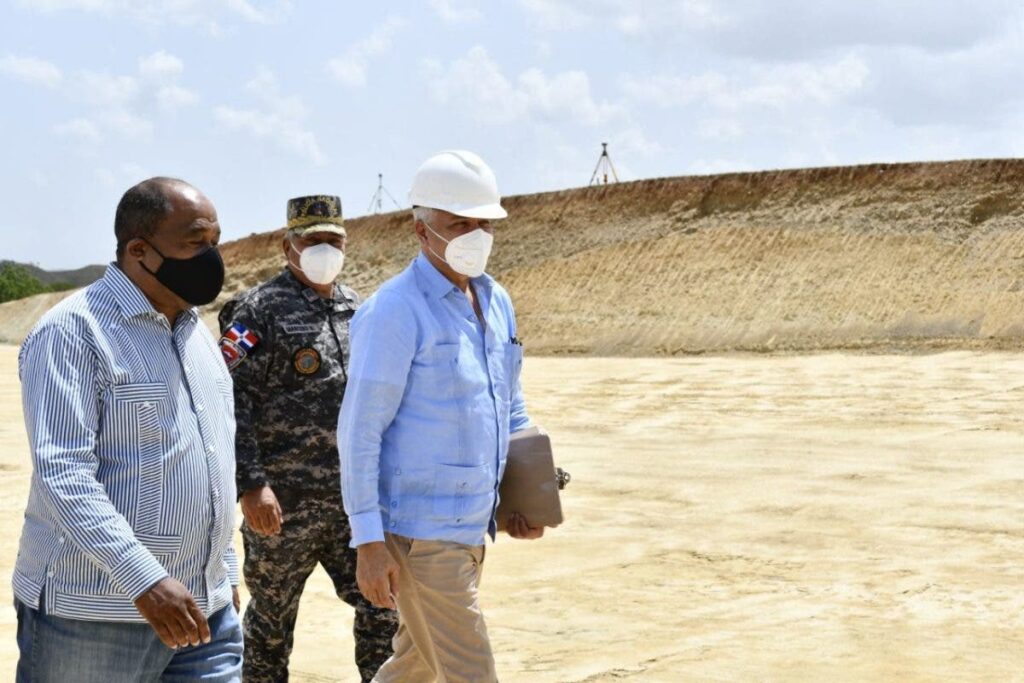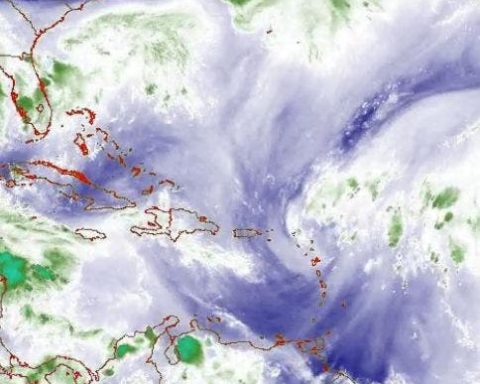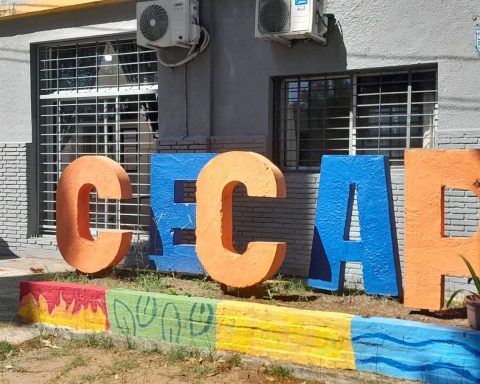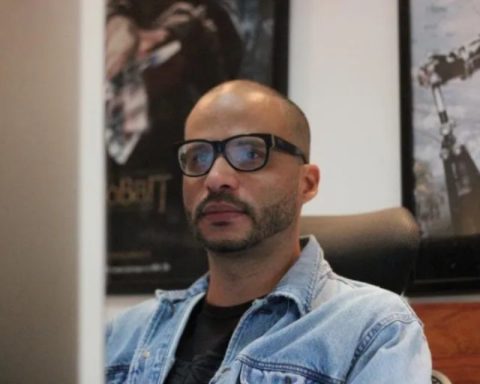The Republic President, peter castleis on the verge of confronting the most critical entity that his Government has had, the Congress. This Monday, June 27, in the middle of a carrier strike announced and with another minister about to be censoredit is important to review the events that led to an acting president being investigated not only by the Public Ministry, but also by Parliament.
Pedro Castillo at the National Prosecutor’s Office
In May of this year, the president marked a historic milestone -although not for a good reason- after the ex-prosecutor of the nation Pablo Sánchez decided to expand the investigation it opened against the former minister of the MTC Juan Silva, in which he included the head of state and the six Popular Action congressmen organized as Los Ninos.
After the presentation of an appeal for annulment by Benji Espinoza, Castillo’s defense —in which he appealed to article 117 of the Constitution, which did not allow the president to be investigated—, the document was rejected. The head of state, therefore, was forced to Go to the Public Prosecutor’s Office to answer Sánchez’s questions.
Fix. President Pedro Castillo will begin his second year of government in the sights of the Prosecutor’s Office. Photo: diffusion
These covered his relationship with the case Tarata III Bridgethe audios revealed between Zamir Villaverde and Juan Silva, and the accusations made by the lobbyist and effective collaborator karelim lopez.
Thus, on June 17, the president appeared at the headquarters of the Public Ministry for an appointment that lasted a total of three hours. Upon leaving the meeting, He claimed to have answered all the questions of the former prosecutor of the nation.
The president also assured that he was willing to follow all the investigation processes. “We have been where we belong today. In a situation on the part of the Prosecutor’s Office, where we have given ourselves all the time and willingness to answer all the questions. From here I tell you that we are willing to continue responding because Peru needs things to be clarified and we are going to continue doing so”, said.
YOU CAN SEE: Congress: Peruvians see the most widespread corruption in the Legislative, according to IEP
The Judiciary and the unsuccessful protection of rights
Contrary to what was expressed by the president, the strategy of Castillo’s defense has been to try to stop the investigations of the Public Ministry. The first attempt to stop the investigations of Pablo Sánchez occurred through the request for annulment presented before the Prosecutor’s Office on May 31, which was rejected.
However, this did not stop Benji Espinoza, who addressed the Power of attorney to do the request for protection of rights on June 7 with the aim of stopping the investigations based on the president’s ruling status.
Benji Espinoza assumed the defense of the president in the request for legal protection. Photo: Gerardo Marin/The Republic
The support of the request for guardianship took place unevenly, since the meeting was interrupted due to the sudden streaming a viral video that generated confusion among the attendees in the process.
With viral video or not, the response of the Supreme Court of Preparatory Investigation was decisivesince on June 24 it was resolved that this protection of rights is declared unfounded. Giving way to investigations for the alleged crimes of influence peddling, collusion and criminal organization.
Benji Espinoza, Castillo’s lawyer
The president’s defense He must not only face the investigations of the Prosecutor’s Office, but also the inclusion of the president in the investigations that are being carried out in Congress by the Audit Commission.
Espinoza’s strategy in both cases has always been one of reserve or evasion. Days before Castillo’s visit to the Public Ministry was completed, the lawyer conditioned the participation of the president with the ruling taken by the Power of attorney. However, due to what was resolved by the justice entity, Castillo had to appear in person yes or yes to the entity.
YOU CAN SEE: “The Resistance” acts with impunity and authorities do not investigate it
Less than a day after Castillo’s arrival in Congress, Espinoza confirmed to the media that there is a possibility that Castillo requests to exercise his right to remain silent during his participation in Parliament.
Benji Espinoza also maintains that, taking into account the nature of the investigations and the issues for which they are carried out, these two investigations are being dealt with in parallel.
“The Control Commission wants to do a parallel investigation Public ministry. I have reviewed the information that was submitted to the Palace and it indicates that these facts for which the congressional commission has the president under investigation are the same facts that the Prosecutor’s Office is aware of,” he warned, later indicating that said investigation could violate the Constitution. in article 139.2, which states that no authority can focus on cases that are in process and that correspond entirely to the Public Ministry.
YOU CAN SEE: Former governor of Arequipa, Yamila Osorio, will marry an economist
The Congress Oversight Commission
Meanwhile, the parliamentary task force chaired by Fujimorist Héctor Ventura has handled its investigations regularly.
The charges against the Head of State range from his alleged interference in the irregular promotions in the Armed Forces up to the case of the Tarata Bridge, passing through the tenders in the MTC and their relationship with Don Juan Silva and Zamir Villaverde having been referenced on some occasions in the various revealed audios.
“All the statements and all the investigations that we have been carrying out lead to the alleged participation of President Pedro Castillo,” Ventura said, adding that, for all these accusations, the commission has evidence and conviction elements.
In front. Ventura has pretty much already blamed Castillo. Photo: Felix Contreras/The Republic
Given all these accusations issued by Congress, Castillo will have to appear before the Legislative this Monday, June 27, from 9:30 in the morning to respond the questions formulated by the Supervisory Commission.
The president has been reluctant to appear and even found it difficult to accept the battery of questions that he previously requested from the Ventura working group. In addition to these questions, Castillo also has access to everything developed by said commission to datewith the aim that Benji Espinoza can exercise a corresponding defense.
Change of status to investigated
The head of state would not be entirely willing to participate in the meeting with Congress. That is why the Supervisory Commission had to change his status from witness to investigated the last June 16 after having invited him up to three times before to the working group without much response from him.
YOU CAN SEE: Víctor Vich: “Democracy, as it works in Peru, is a pathetic ritual where the worst always wins”
At the time, Castillo declined these invitations due to lack of topics and did not alter his agenda to make room for questions from Congress. It was not until they decided to investigate it that the president showed willingness to meet the Legislative requirements.
The audios of Zamir Villaverde, Pacheco, Silva, and their relationship with the president
The escape of his nephews Fray Vásquez and Gianmarco Castillo, the accusations made by Karelim López, the audios of Zamir Villaverdethe $20,000 of Bruno Pacheco and his closeness to John Silva They are the main reasons for the inquiries and questions to the president.
Of all of them, the Villaverde audios are the ones that cast the most suspicion on Pedro Castillo. The first time he is referred to is in a conversation with Pacheco, in which the businessman is heard asking if the president did not have an opinion regarding the distribution of ministries. The former adviser replied with a “yes, but he doesn’t say anything.”
YOU CAN SEE: Miguel Romero Sotelo explains what would be the composition of the 5 Limas instead of the current 42 districts
In a second conversationthis time between Villaverde and Juan Altamirano, it is mentioned that President Pedro Castillo, although he was not involved in the irregular hiring of the MTC, had been aware of them.
The assertions confirm the thesis raised by the Public Prosecutor’s Office and they generate grounds for suspicion about the president, who denied any closeness with these characters in the last interview he had with journalist Julio Navarro.
The social context of the president’s visit to the Legislative
All these events have taken place in a context of great social upheaval during the last three months. Now there is a carrier strike announced for June 27, the same day that the president will present himself before the Supervisory Commission and without having had the capacity to pay special attention to the requirements issued by the transport unions, for whom the resolution of their requests is in charge of the Minister of the MTC, Juan Barranzuela.
This is not the only strike that has been announced for the coming weeks, since the organizations of community members and Rondas Campesinas have also announced a possible agrarian strike for July 28, if demands are not met that they consider important the creation of a constituent assembly, the elaboration of a second agrarian reform and the approval of the law for the reduction of monopolies and oligopolies.
One of the leaders of the truckers, Javier Marchese, indicated that his protest will not entail road blockades. Photo: The Republic
Congress, for its part, has not allowed the best of steps to be taken, with bills such as the creation of the self defense committeesthe return to bicamerality —which comes with the modification of 50 articles of the constitution—, and setbacks with respect to sexual education, such as the law that allows parents to determine the content that can be shown in school textbooks and that affects the establishment of the gender approach.
Citizens’ perception of Castillo and Congress
All these facts have not happened unnoticed by citizensthat now records 71% disapproval of the presidentaccording to an IEP survey issued this Sunday for the Republic.
YOU CAN SEE: Zamir Villaverde informed former Minister Juan Silva of contracts that he was “winning” in the MTC
In that same line, The results also showed that 73% of Peruvians consider that Castillo does not have the capacity to govern, which leaves the president with an approval of 33% in the north of the country and 45% in the south.
In the center and the east, approval drops to 25% and 27%, and at the level of Metropolitan Lima only 17% approval is seen.
